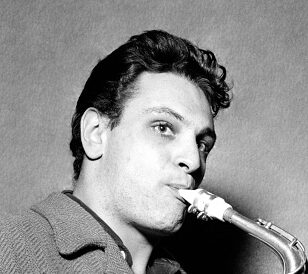
Michel de Villers
Instrument: Saxophonist
Who is Michel de Villers?
Michel de Villers was a renowned French jazz reedist and bandleader who left an indelible mark on the jazz scene during his lifetime. Born in 1926 in France, de Villers began his musical journey as a teenager, learning to play the alto saxophone. He later expanded his repertoire to include the clarinet and baritone saxophone, becoming a versatile reedist with a unique sound that captivated audiences around the world.
De Villers started his career in the 1940s, playing with several prominent jazz musicians such as Jean-Claude Fohrenbach, Django Reinhardt, and Rex Stewart. He quickly gained recognition for his technical proficiency and improvisational skills, earning him a reputation as one of the most promising young musicians of his time.
In the late 1940s, de Villers joined the Edward VII Theatre band in Paris, where he continued to hone his craft and gain invaluable experience as a jazz musician. He quickly rose through the ranks and became one of the band’s most prominent members, earning critical acclaim for his performances and arrangements.
In the 1950s, de Villers formed his own jazz band, which he led for several years. The band became renowned for its unique sound, blending traditional jazz with elements of swing and bebop to create a dynamic and innovative style that set it apart from other jazz bands of the era.
De Villers continued to perform and record throughout the 1960s and 1970s, collaborating with several prominent jazz musicians and releasing several critically acclaimed albums. He also became a respected jazz educator, teaching at the Conservatoire de Paris and inspiring a new generation of jazz musicians.
De Villers’ discography is a testament to his prodigious talent as a musician and bandleader. Some of his most notable recordings include “Michel de Villers et son Quintette,” “Jazz in Paris: Michel de Villers et son Quintette – The First Recordings 1952-1953,” and “Michel de Villers et son Quintette – Jazz in Paris 1953.” These recordings showcase de Villers’ mastery of the saxophone and his innovative approach to jazz, earning him a place among the most influential jazz musicians of his time.